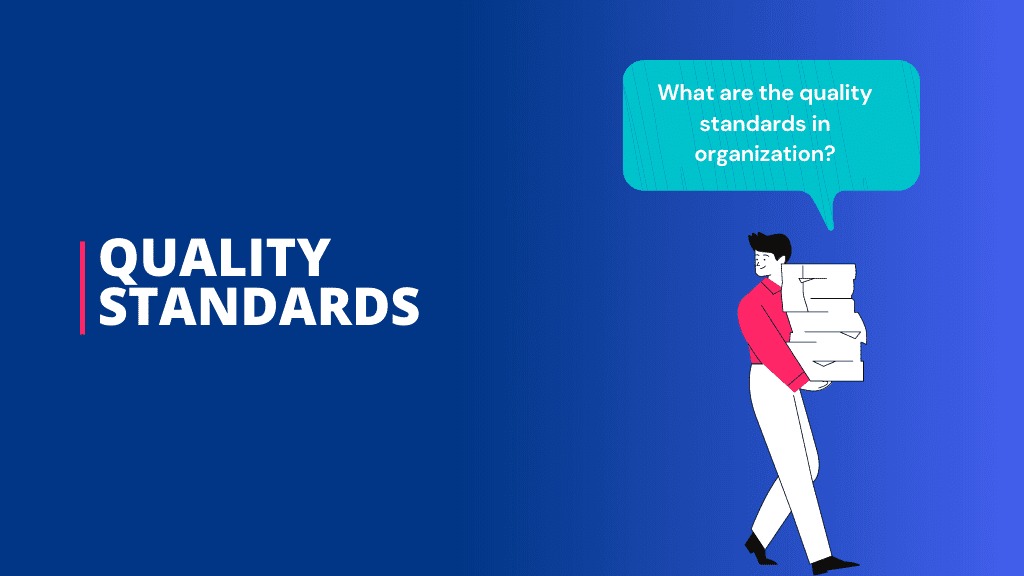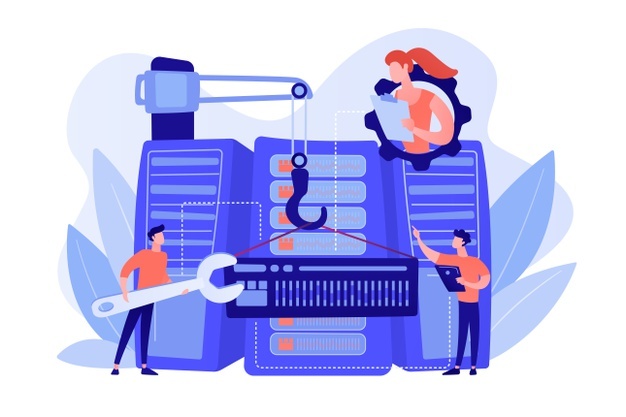Posted inProfessional Ethics & Human Values
Professional Rights & Ethical Theories
1. Rights Ethics: - The most basic human right, which needs no justification, as per A.I.Meldon, is to pursue one’s legitimate (those that do not violate others’ rights) interests. - The right to pursue legitimate interests gives a person right to pursue professional moral obligations. - This may be viewed as a human right of conscience directly derived from the basic human right. 2. Duty Ethics: - I have a right to something only because others have duties or obligations to allow me (And not interfere) to do so. - If we derive the meaning of ‘others’ as employers, then the basic professional right is justified by reference to others’ duties to support or not interfere with the work related exercise of conscience by professionals. 3. Utilitarianism:…






